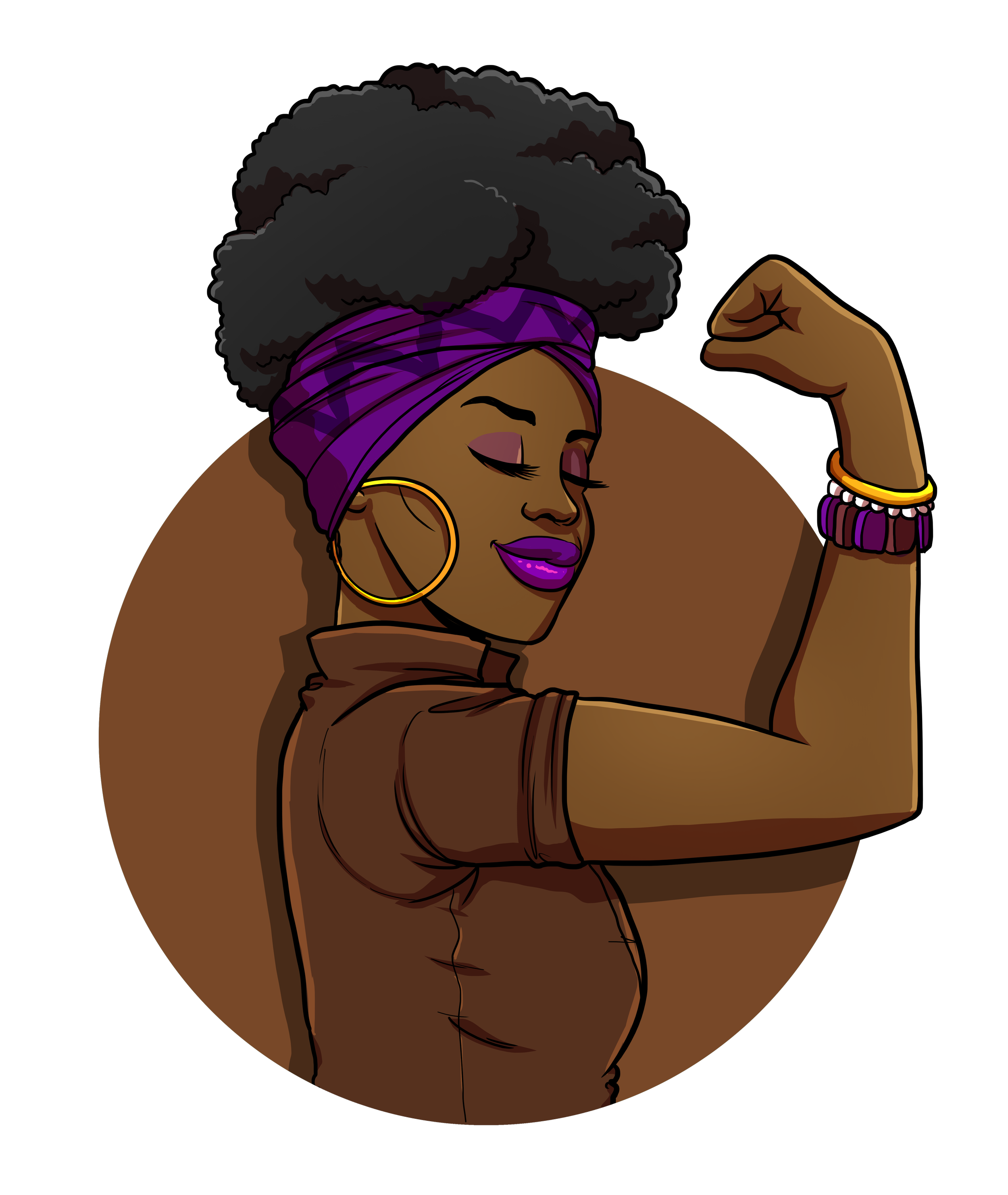Kali Kedijang On Representing Victims Of GBV
At the beginning of June, The Wise Collective called on our supporters to donate towards ending the prevalence of Gender Based Violence (GBV), we called this campaign “Fund The Fight”. Our goal for the year is to raise $6,000, we have raised 20.7% ($1,242) thus far and as we are on our way to achieving this goal, we wanted to highlight one of the brilliant young legal minds at The Wise Collective, who is at the center of assisting womxn gain access to justice.
Kgalalelo (Kgali) Kedijang is an attorney who has been working alongside The Wise Collective representing victims of GBV in court. From representing them in court to advising on what steps to take next, Kgalelelo’s work unites the respect for law and a desire to end GBV. In South Africa, a common story is that of the child whose parents wanted them to become a rich and well-off lawyer. Fighting against GBV, however, isn’t necessarily the path to wealth and riches, but it does afford individuals the chance to enrich their lives and the lives of others. It is for this reason that we asked Kgalelelo to share parts of her journey to becoming a lawyer, specifically in her choice to engage cases related to gender-based violence.
Q&A
At what point did you know you wanted to practice law?
I don’t think I can pinpoint a moment. My decisions have always been driven by the accumulation of my experiences as a black woman growing up in one of the most unequal societies in the world. I think the Universe decided that I would be most useful in advancing truth and justice when I received an acceptance letter to study law; for which I did not apply. I know it sounds ridiculous but it's true.
I am glad I took a chance and listened because law has become a powerful and effective tool for me to advance humanity.
Why have you chosen to protect victims of GBV instead of another field of law?
I took an oath not only to serve my profession but to serve South Africa and it is near impossible to ignore that GBV and femicide are South Africa’s biggest threat to women; the majority of the population. My corporate law experience made me appreciate that in most circumstances, only affluent communities have the opportunity for their rights to be considered by people who have the requisite knowledge, experience and impartiality required for one's rights to be protected. I wanted to change this because I believe that each life matters and deserves to be protected, especially if it manifests as black and woman, in the many ways one identifies with this way of being.
Subconsciously, I also think I am inspired by my mother who was instrumental in setting up South Africa's gender machinery post-1994. Her voice and work continues to live through me as I use the very policies and laws she pioneered to create a safer and more empowering existence for women in Africa.
What is the most fulfilling part of the work you are doing?
The most fulfilling aspect of my work is being a safe space for women who have painful stories and life experiences. Knowing that your work is a catalyst to saving a life is something I do not take lightly. In addition, the women of The Wise Collective continue to inspire me. It is so reaffirming to work with people who value your expertise and want nothing but to see you grow as an individual, but also have a collective dream to create a safer, affirming and equal world for all women.
What is the most difficult element of the work you do?
The most difficult aspect of my work is that I, too, am a black woman who can be abused, raped or killed at the same rate. Being in constant contact with stories of abuse has made me hyper-vigilant to violence, which can sometimes be unhealthy. Our bodies as women easily store pain therefore I need to practice not to internalise every story and every life that is lost. I need to remind myself that I, too, deserve joy.

